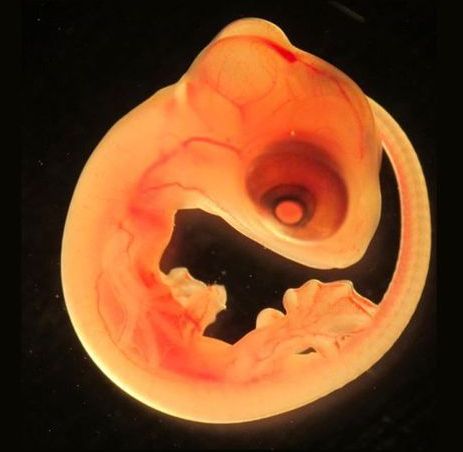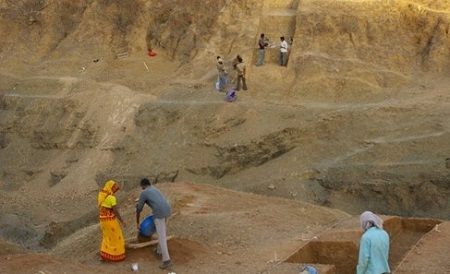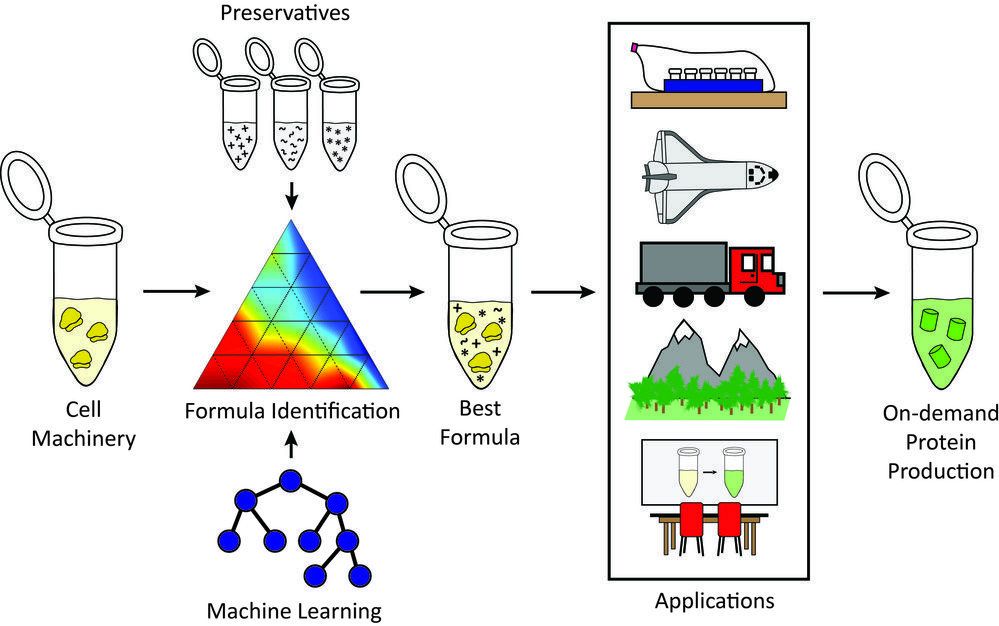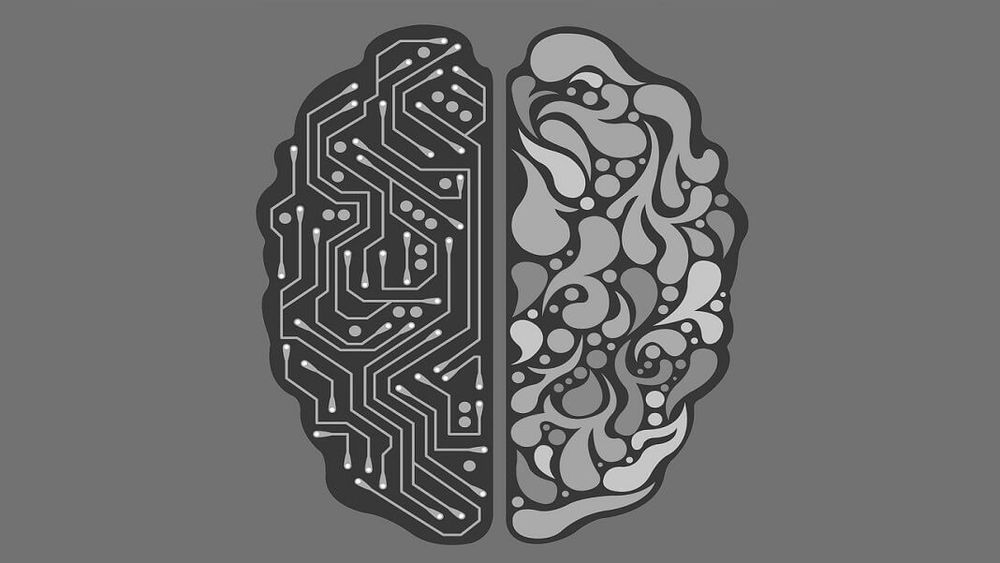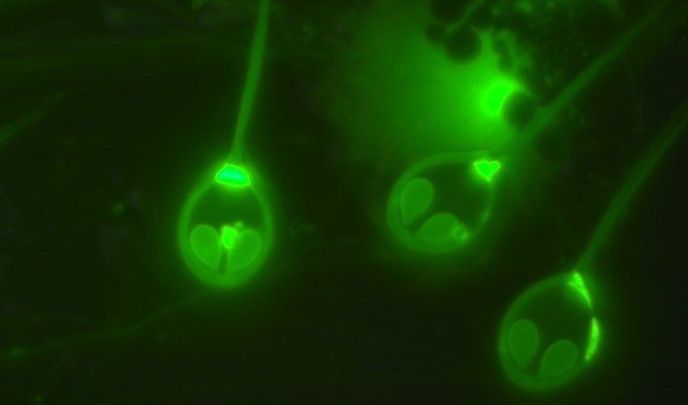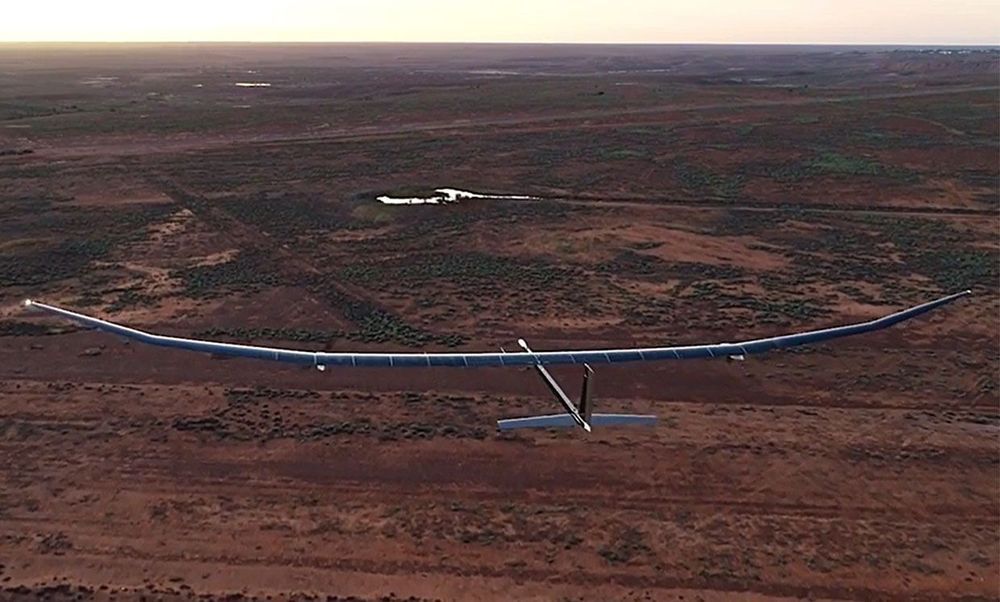
At 35 meters, the wingspan of the new BAE Systems aircraft equals that of a Boeing 737, yet the plane weighs in at just 150 kilograms, including a 15 kg payload. The unmanned plane, dubbed the PHASA-35 (Persistent High-Altitude Solar Aircraft), made its maiden voyage on 10 February at the Royal Australian Air Force Woomera Test Range in South Australia.
“It flew for just under an hour—enough time to successfully test its aerodynamics, autopilot system, and maneuverability,” says Phil Varty, business development leader of emerging products at BAE Systems. “We’d previously tested other sub-systems such as the flight control system in smaller models of the plane in the U.K. and Australia, so we’d taken much of the risk out of the craft before the test flight.”
The prototype aircraft uses gallium arsenide–based triple-junction solar cell panels manufactured by MicroLink Devices in Niles, Ill. MicroLink claims an energy conversion efficiency of 31 percent for these specialist panels.


